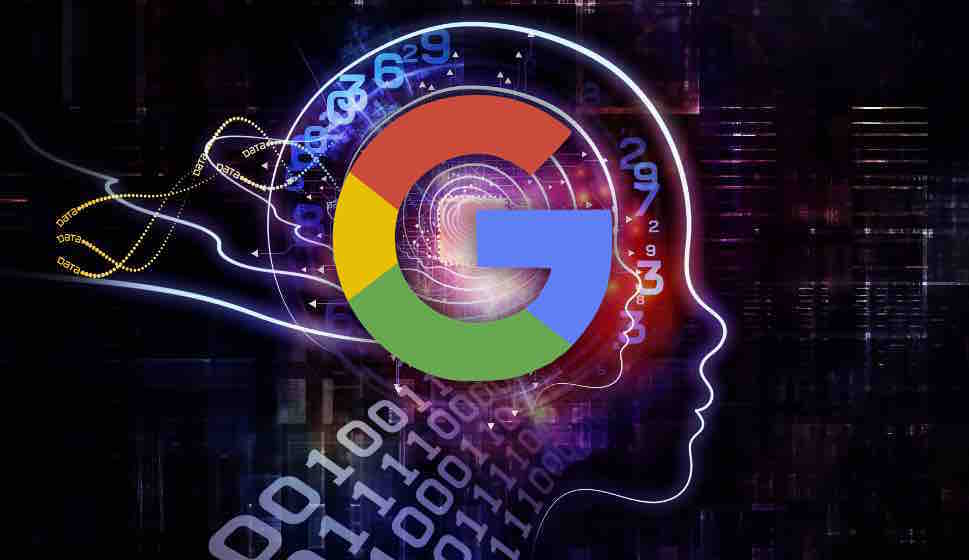Google researchers have developed an artificial intelligence algorithm that can predict a patient’s death with up to 95 percent accuracy. The study was published in the journal Nature.
Researchers used data from Electronic Health Records and used AI to examine 216,000 adult patients hospitalized for a least 24 hours at two medical centers. The AI was 95 percent accurate at predicting patients’ death based on data from the University of California, San Francisco health system. It was 93 percent accurate with data from the University of Chicago Medicine system.
“We were interested in understanding whether deep learning could produce valid predictions across a wide range of clinical problems and outcomes,” researchers wrote. “We, therefore, selected outcomes from divergent domains, including an important clinical outcome (death), a standard measure of quality of care (readmissions), a measure of resource utilization (length of stay), and a measure of understanding of a patient’s problems (diagnoses).”
According to the proof-of-concept study, “In all cases, the method proved more accurate than previously published models.”
A traditional predictive model, called the augmented Early Warning Score, relies on several factors to help doctors determine a patient’s mortality. According to the research, this method was 85 percent accurate at the University of California, San Francisco system and 83 percent accurate at the University of Chicago Medicine system—quite a bit lower than Google AI’s predictions.
Still, there are concerns about the proliferation of AI in people’s everyday lives and its overall impact on society. While linking patients’ health information can be beneficial, it’s also open to vulnerabilities.
“The thing that is worrying for me is what happens with this data and who owns this data?” Family Medicine Physician Dr. Mikhail Varshavski commented on Fox and Friends. “I hope, as a doctor, that these companies use the data to benefit the patients, not the companies themselves.”
“Machines make mistakes and sometimes they make mistakes based on faulty data,” Varshavski added. “There needs to be oversight of what these things do.”
Meanwhile, Google continues to accelerate its reach in the health arena. For example, Google scientists and the research company Verily developed an algorithm that can predict a person’s risk for heart disease just by looking at an individual’s eye and without the need of a blood test. By looking at retinal scans, Google’s algorithm was able to tell the difference between two patients, one who had a cardiovascular event within five years and one who did not, 70 percent of the time.


